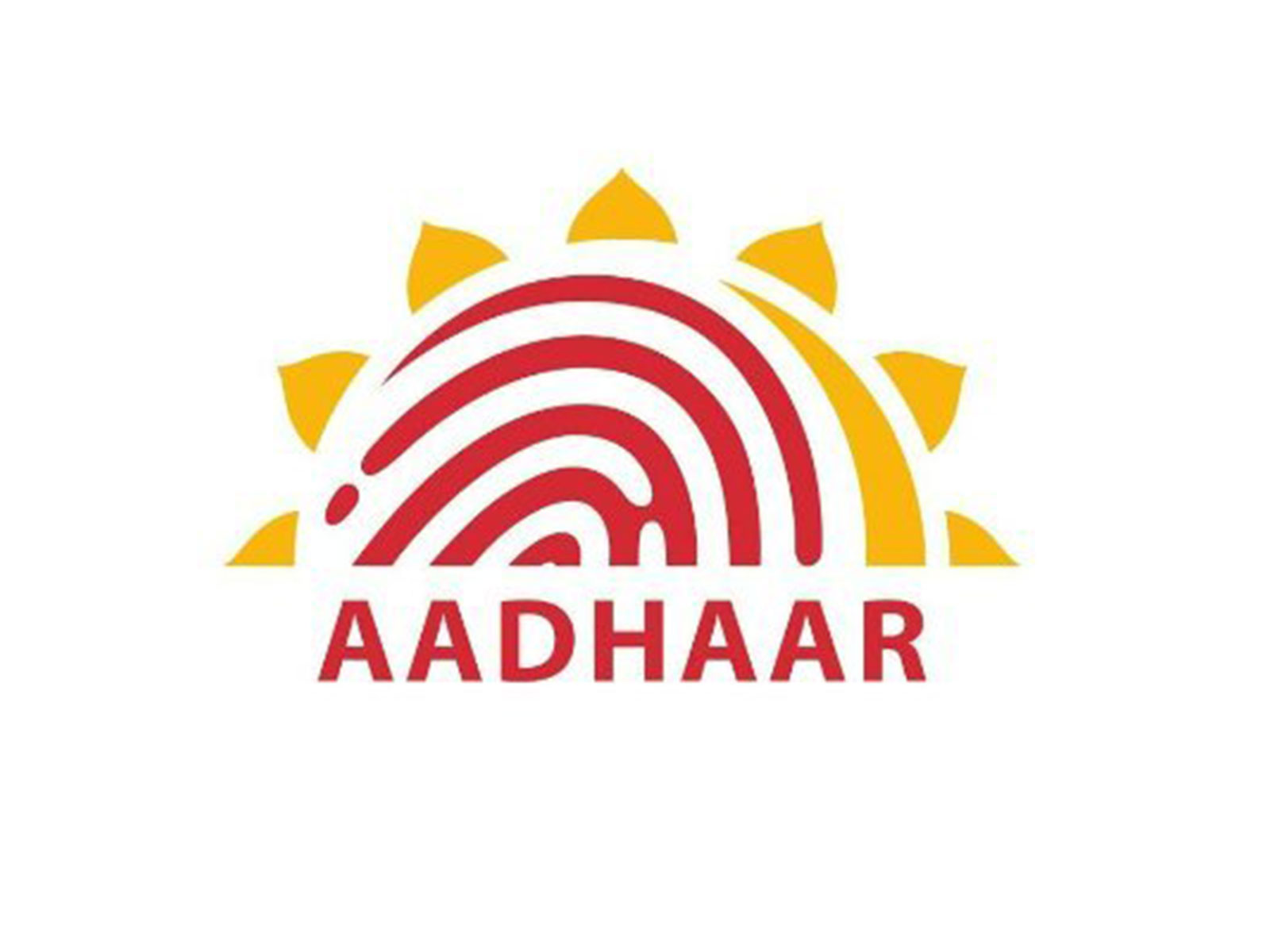In a major step toward redefining India’s digital identity ecosystem, the Unique Identification Authority of India (UIDAI) has unveiled the ‘Aadhaar Vision 2032’ framework — a comprehensive roadmap to make Aadhaar future-ready through the adoption of cutting-edge technologies such as Artificial Intelligence (AI), Blockchain, Quantum Computing, and Advanced Encryption.
The new framework aims to strengthen Aadhaar’s technological foundation and ensure that it remains secure, scalable, inclusive, and aligned with emerging data protection and privacy standards. Recognizing the rapidly evolving technological and regulatory landscape, UIDAI’s initiative is designed to reinforce Aadhaar’s role as the cornerstone of India’s digital governance and economy over the next decade.
To steer this ambitious transformation, UIDAI has set up a High-Level Expert Committee under the chairmanship of Neelkanth Mishra, Chairperson, UIDAI. The committee comprises leading experts from academia, industry, and administration, including Bhuvnesh Kumar, CEO, UIDAI; Vivek Raghavan, Co-Founder, Sarvam AI; Dheeraj Pandey, Founder, Nutanix; Sasikumar Ganesan, Head of Engineering, MOSIP; Rahul Matthan, Partner, Trilegal; Navin Budhiraja, CTO and Head of Products, Vianai Systems; Dr. Prabaharan Poornachandran, Professor, Amrita University; Anil Jain, Professor, Michigan State University; Mayank Vatsa, Professor, IIT Jodhpur; and Abhishek Kumar Singh, Deputy Director General, UIDAI.
The committee will draft the Aadhaar Vision 2032 document, which will define the framework for a next-generation Aadhaar architecture aligned with India’s Digital Personal Data Protection (DPDP) Act and international standards for privacy and cybersecurity. The framework will emphasize integrating AI for intelligent authentication, Blockchain for enhanced trust and transparency, Quantum Computing for future security readiness, and next-generation encryption mechanisms to safeguard data against emerging cyber threats.














